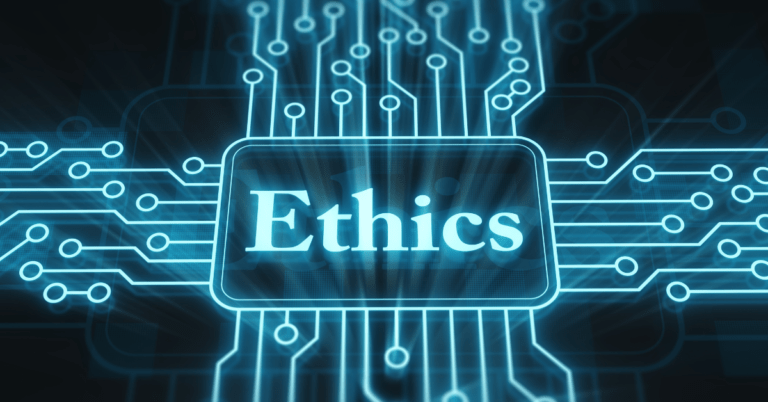As the digital landscape continues to expand, cybersecurity is increasingly becoming a priority for organizations and individuals alike. However, the actions of security hackers, even those with good intentions, are governed by complex legal and ethical frameworks. In this article, we’ll explore the key legal and ethical considerations that hackers, particularly ethical hackers, must navigate in their work.
Legal Framework for Ethical Hackers
Ethical hackers, also known as white-hat hackers, use their skills to identify and address vulnerabilities in systems. However, their actions must always operate within the boundaries of the law. Unauthorized hacking, even with good intentions, is illegal.
In many countries, laws like the Computer Fraud and Abuse Act (CFAA) in the United States criminalize unauthorized access to computer systems. This means that ethical hackers must always have proper authorization before conducting any penetration testing or vulnerability assessments. In the absence of authorization, even ethical hacking can be considered illegal.
The Importance of Consent and Authorization
Consent is a cornerstone of ethical hacking. Before conducting any tests or assessments, ethical hackers must obtain explicit permission from the organization that owns the systems they intend to test. This is typically done through a signed contract or agreement outlining the scope and limitations of the engagement.
Without proper authorization, ethical hackers could find themselves facing legal consequences, including criminal charges and lawsuits. It’s important for ethical hackers to work within the confines of legal agreements to avoid any misunderstandings or legal complications.
Privacy and Data Protection
Another critical aspect of ethical hacking is the handling of sensitive data. Ethical hackers may encounter confidential information during their assessments, such as usernames, passwords, and personal details. It’s crucial for ethical hackers to adhere to privacy laws and regulations, such as the General Data Protection Regulation (GDPR) in the European Union, which mandates strict data protection standards.
Ethical hackers should take all necessary precautions to ensure that any sensitive data they come across during testing is not exposed, leaked, or misused. This includes adhering to best practices for data encryption, anonymization, and secure storage.
The Ethics of Hacking
Beyond legality, ethical hackers must also consider the ethical implications of their actions. Hacking, even with good intentions, can have unintended consequences. Ethical hackers should ensure that their work does not cause harm or disruption to the systems they are testing.
Moreover, ethical hackers must maintain transparency in their methods and findings. If they discover vulnerabilities, they have an ethical obligation to report them to the appropriate parties promptly, allowing the organization to address the issues before they can be exploited by malicious hackers.
Conclusion
Navigating the legal and ethical complexities of hacking is essential for ethical hackers. By obtaining proper consent, adhering to privacy laws, and maintaining a strong ethical stance, hackers can contribute positively to the cybersecurity landscape while avoiding legal pitfalls. As the demand for cybersecurity professionals continues to rise, understanding these considerations will be key to ensuring that ethical hackers can carry out their work responsibly and effectively.
